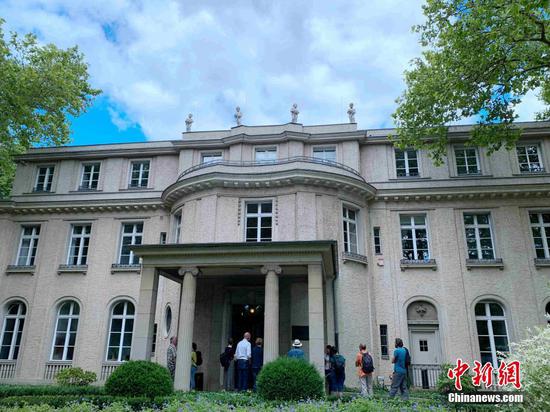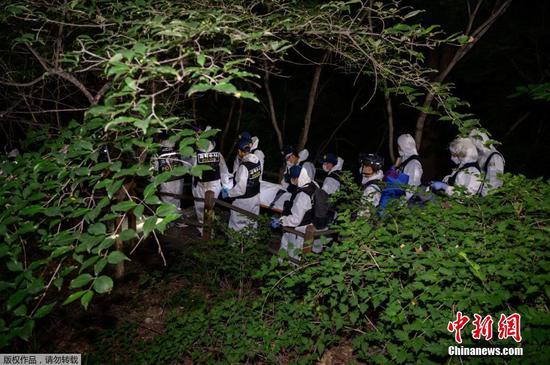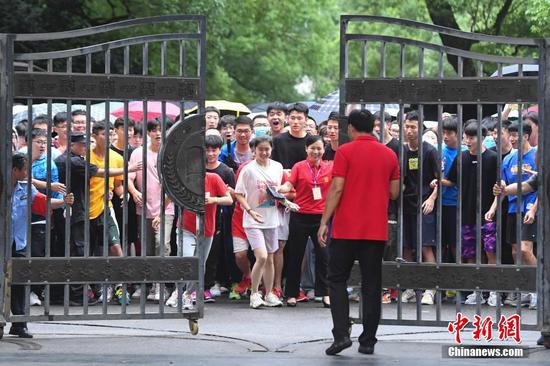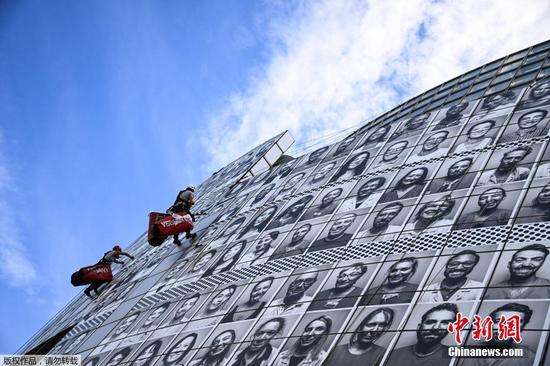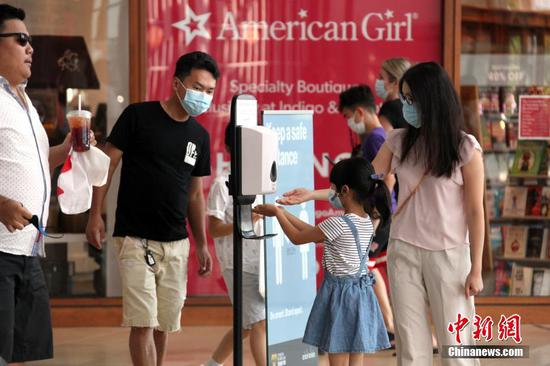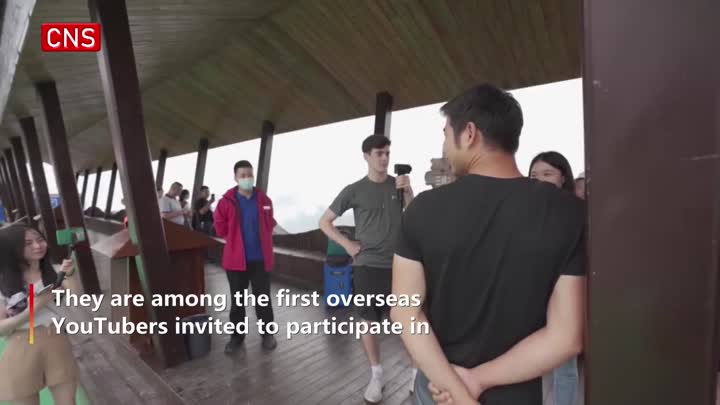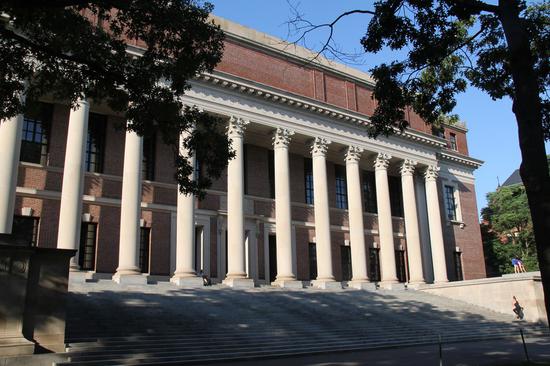
Photo taken on July 14, 2020 shows a view of the campus of Harvard University in Cambridge of Massachusetts, the United States. (Photo by Fan Lin/Xinhua)
The U.S. government has rescinded a new rule that could have denied international students their stay in the country if they only attend online courses in the coming fall semester, a federal judge in Boston, Massachusetts said Tuesday.
Judge Allison Burroughs, who presided over a hearing Tuesday on a lawsuit filed last week by Harvard University and the Massachusetts Institute of Technology (MIT) against the federal directive, said at the start of the hearing that the government and the universities reached a settlement, under which "both the policy directive and the frequently asked questions would not be enforced anyplace."
Announced by the U.S. Immigration and Customs Enforcement (ICE) on July 6 but not yet implemented, the guidance that caused turmoil and triggered outrage in the country's higher education system forced international students to choose between attending at least one in-person class in the fall semester -- transferring to another school if the one they are enrolled in only offers tele-classes due to the coronavirus pandemic -- and leaving the United States as their student visas would be invalidated.
According to the settlement, a March guidance by the ICE will be reinstated, allowing international students to take all their classes online during the pandemic while staying in the United States legally.
During the hearing held at the U.S. District Court in Boston, Burroughs said the settlement applied to higher education institutions nationwide. The Harvard-MIT lawsuit sought a temporary restraining order and preliminary and permanent injunctive relief to prohibit the ICE from enforcing the July 6 rule.
"The motion is mooted," Burroughs declared, referring to the requests by Harvard and the MIT. "The hearing will be adjourned," she said, thanking the lawyers for "making this as easy on the court as it could have been."
Harvard announced last week it will only allow up to 40 percent of undergraduates, including all first-year students, to return to campus for the fall semester. The rest of the students will continue to learn remotely.
Meanwhile, the MIT said last week that seniors will be the only undergraduates to be invited back to campus this fall. Non-seniors may "request special consideration for housing if they face challenges related to safety, living conditions, visa status, or other hardship," the university said in a plan posted on its website.
Harvard and the MIT argued in their lawsuit that the ICE's action considered neither the health of students amid the pandemic, nor the contributions that international students made to American innovation.
They also highlighted the potential loss of "tens of billions of dollars that international students contribute to U.S. GDP each year" should the guidance be put into practice.




















